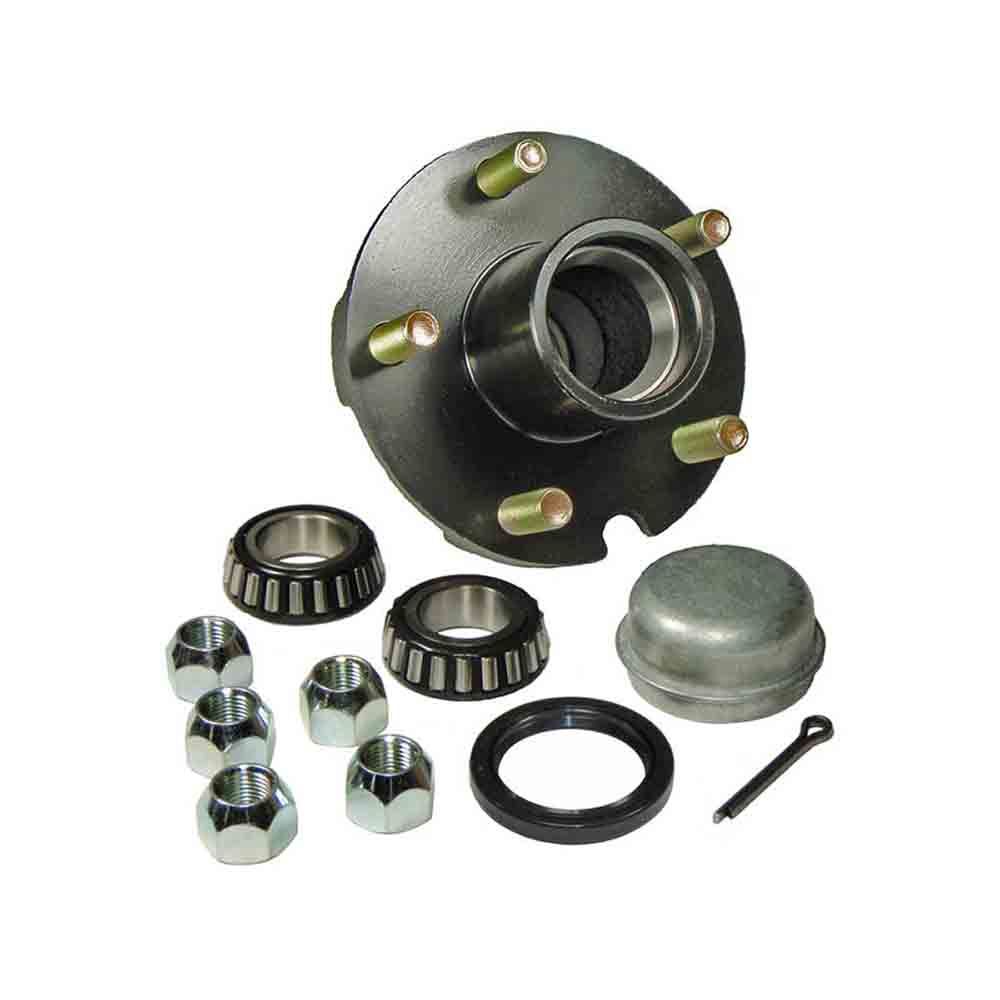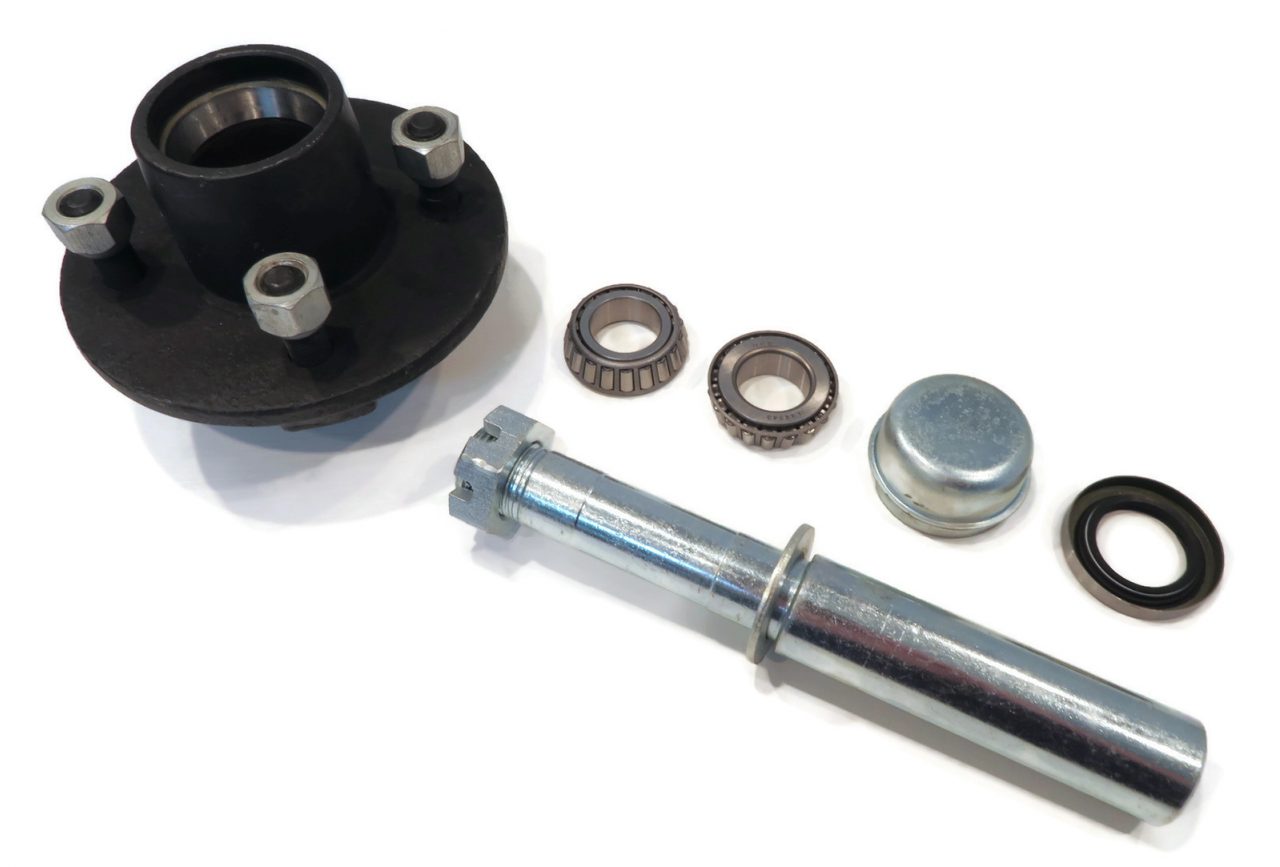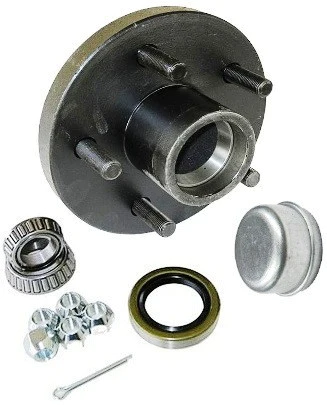Product Description
1. On CZPT wheel hub Since 1999
2. 20 years experience on semi trailer wheel hub
3. 1 year Quality warranty
4. ISO, TS16949 Certificate
5. 7×16 hours service
6. Customized OEM ODM wheel hub are available
7. 4 Global Offices
WONDEE Supply different type wheel hub according to your part number and OEM number :
| BRAND | OEM NO. | BRAND | OEM NO. | BRAND | OEM NO. |
| BPW | 327262270 | MIT SUBIUSHI | MK557127 | FUWA | 3601.Q |
| 327280140 | MC870905 | 3601.C | |||
| 0327247210A | MC801949 | 3601.R | |||
| 327248930 | MC808803 | 3601.R | |||
| 327248320 | MC8709-10 | ROR | 212 0571 2 | ||
| SAF | 3357106-10 | BJ1039 | BJ1571AG-A11 | ||
| NEOPLAN | 131FRONT AXLE | 5 | BJ1069 | 315711-HF16030 | |
| 132FRONT AXLE | 5232B-3104015 | YORK | 786223 | ||
| 132REAR AXLE | 786105 |
WONDEE Truck Wheel Hub Information:
Wondee supply Wheel Hub used on semi-trailer and truck, Wheel Hub fit for GERMAN TYPE AXLE, AMERICAN TYPE AXLE
1). Material: Ductile Iron, Gray Iron, Metallic, Half-metallic.
2). SIZE : 420*180MM, 420*200MM, 420*220 MM for 12T, 14T, 16T capacity Germany type axle and 13T,16T,18T capacity American type axle.
3). PCD: 285MM,
4). DIA: 335MM
4). High quality brake hub with competitive price
5). Certification: ISO , TS16949, COC, CIQ AND SO ONE.
WONDEE Truck Wheel Hub Delivery Terms:
1.MOQ: 10 Pieces, (Accept small order).
2.Supply: 10000 Pieces per Month.
3.Payments: L/C, T/T, Western Union.
4.Port: China seaport
5.Delivery Time: Within 15 Working Days or In Stock
6.Package: Standard wooden pallet packing or According Customer’s Requirement.
Besides Steel wheel hub ,WONDEE also Supply:
| Semi-trailers: | |||
| Skeletal semi-trailers | flatbed semi-trailers | container semi-trailers | low bed semi-trailers |
| van semi-trailers | fuel tank semi-trailers | logging semi-trailers | Fence Semi trailers |
| Spare Parts: | |||
| Leaf spring, | flat bar, | Chassis, | H-beam |
| Air suspension, | mechanic suspension, | bogie | Coupling, |
| Axle | air chamber, | slack adjuster | hitch. |
| Brake drum | brake shoe | brake lining | wheel hub |
| tubeless wheel rims, | tube wheel rims, | Aluminum wheel rim | wheel bolt |
| u bolt | center bolt | hub bolt | twist lock, |
| Turntable, | 5th wheel, | landing gear, | king pin, |
/* January 22, 2571 19:08:37 */!function(){function s(e,r){var a,o={};try{e&&e.split(“,”).forEach(function(e,t){e&&(a=e.match(/(.*?):(.*)$/))&&1
| Material: | Steel |
|---|---|
| Type: | Wheel Hub |
| Drive Wheel: | RWD |
| Wheel Hub Diameter: | 21-24" |
| Finishing: | Black |
| Wheel Accessories: | Wheel Spoke |

Can a damaged axle hub affect the overall performance and safety of a vehicle?
Yes, a damaged axle hub can significantly affect the overall performance and safety of a vehicle. Here’s a detailed explanation of how a damaged axle hub can impact a vehicle:
1. Wheel Stability:
A damaged axle hub can compromise the stability of the wheel assembly. If the hub is bent, cracked, or worn out, it may not provide a secure mounting point for the wheel. This can result in wheel wobbling or excessive play, leading to unstable handling and compromised vehicle control. A wobbling wheel can also cause vibrations, which can affect the comfort of the passengers and potentially lead to further damage to other components of the suspension system.
2. Wheel Bearing Performance:
The axle hub houses the wheel bearings, which are critical for smooth wheel rotation and weight support. A damaged axle hub can negatively impact the performance of the wheel bearings. For example, if the hub is misaligned or has damaged bearing races, it can cause excessive friction, uneven wear, and premature failure of the wheel bearings. This can lead to wheel noise, reduced fuel efficiency, and compromised safety as the wheel may seize or detach while driving.
3. Brake System Integration:
In many vehicles, the axle hub integrates with the brake rotor or drum. A damaged axle hub can affect the proper installation and function of the braking components. For example, if the hub has damaged mounting surfaces or incorrect dimensions, it may result in brake rotor runout or misalignment. This can cause uneven braking, pulsation in the brake pedal, and reduced braking performance, compromising the vehicle’s ability to stop safely and efficiently.
4. Wheel Alignment and Suspension:
The axle hub plays a role in maintaining proper wheel alignment and supporting the suspension system. A damaged axle hub can lead to misalignment, affecting the camber, toe, or caster angles of the wheel. Improper wheel alignment can result in uneven tire wear, compromised handling, and reduced stability, impacting overall vehicle performance and safety. Additionally, a damaged hub may not provide adequate support for the suspension components, leading to increased stress and potential failure of other suspension parts.
5. Risk of Wheel Separation:
If a damaged axle hub is not addressed promptly, there is a risk of wheel separation. A severely damaged hub can eventually fail, causing the wheel to detach from the vehicle while in motion. Wheel separation is extremely dangerous and can result in a loss of control, vehicle instability, and potential accidents with severe consequences for the occupants and other road users.
6. Overall Safety:
The overall safety of the vehicle can be compromised when the axle hub is damaged. The stability, braking performance, wheel alignment, and suspension function are critical for safe operation. A damaged axle hub can negatively impact these aspects, increasing the risk of accidents and reducing the ability to control the vehicle effectively.
In summary, a damaged axle hub can have a significant impact on the overall performance and safety of a vehicle. It can compromise wheel stability, impair wheel bearing performance, affect brake system integration, disrupt wheel alignment and suspension, and increase the risk of wheel separation. It is crucial to address any signs of axle hub damage promptly to ensure the safe and efficient operation of the vehicle.

How often should axle hubs be inspected and replaced as part of routine vehicle maintenance?
Regular inspection and maintenance of axle hubs are crucial for ensuring the safe and efficient operation of a vehicle. The frequency of inspection and replacement may vary depending on several factors, including the vehicle’s make and model, driving conditions, and manufacturer’s recommendations. Here are some guidelines to consider:
- Manufacturer’s recommendations: The first and most reliable source of information regarding the inspection and replacement intervals for axle hubs is the vehicle manufacturer’s recommendations. These can usually be found in the owner’s manual or the manufacturer’s maintenance schedule. It is essential to follow these guidelines as they are specific to your particular vehicle.
- Driving conditions: If your vehicle is subjected to severe driving conditions, such as frequent towing, off-road use, or driving in extreme temperatures, the axle hubs may experience increased stress and wear. In such cases, more frequent inspections and maintenance may be necessary.
- Visual inspection: It is a good practice to visually inspect the axle hubs during routine maintenance or when performing other maintenance tasks, such as changing the brakes or rotating the tires. Look for any signs of damage, such as leaks, excessive play, or worn-out components. If any abnormalities are detected, further inspection or replacement may be required.
- Wheel bearing maintenance: The axle hubs house the wheel bearings, which are critical for the smooth rotation of the wheels. Some vehicles have serviceable wheel bearings that require periodic maintenance, such as cleaning and repacking with fresh grease. If your vehicle has serviceable wheel bearings, refer to the manufacturer’s recommendations for the appropriate maintenance intervals.
- Unusual noises or vibrations: If you notice any unusual noises, such as grinding, humming, or clicking sounds coming from the wheels, or if you experience vibrations while driving, it could be an indication of a problem with the axle hubs. In such cases, immediate inspection and necessary repairs or replacement should be performed.
It’s important to note that the intervals for inspecting and replacing axle hubs can vary significantly between different vehicles. Therefore, it is recommended to consult the vehicle manufacturer’s recommendations to determine the specific maintenance schedule for your vehicle. Additionally, if you are unsure or suspect any issues with the axle hubs, it is advisable to have a qualified mechanic or automotive technician inspect and assess the condition of the axle hubs.
In summary, the frequency of inspecting and replacing axle hubs as part of routine vehicle maintenance depends on factors such as the manufacturer’s recommendations, driving conditions, visual inspections, wheel bearing maintenance requirements, and the presence of any unusual noises or vibrations. Following the manufacturer’s guidelines and promptly addressing any abnormalities will help ensure the proper functioning and longevity of the axle hubs.

What is the importance of proper lubrication in maintaining a healthy axle hub?
Proper lubrication plays a crucial role in maintaining a healthy axle hub and ensuring its optimal performance and longevity. Here’s a detailed explanation:
An axle hub consists of several components, including wheel bearings, seals, and other internal parts. These components are subjected to high loads, friction, and heat generated during normal vehicle operation. Lubrication is essential to reduce friction, dissipate heat, and provide a protective barrier between moving parts. Here are the key reasons why proper lubrication is important for maintaining a healthy axle hub:
- Reduced Friction: Adequate lubrication reduces friction between the moving parts of the axle hub. This minimizes wear and tear on the components and helps them operate smoothly. By reducing friction, proper lubrication helps prevent premature failure of critical parts, such as the wheel bearings.
- Heat Dissipation: Axle hubs generate heat during operation due to the friction between the rotating components. The lubricant acts as a coolant, helping to dissipate heat and prevent excessive temperature buildup. Proper lubrication ensures that the heat is effectively managed, preventing overheating and potential damage to the axle hub.
- Corrosion Prevention: Axle hubs are exposed to various environmental elements, including moisture, dirt, and road contaminants. These can lead to corrosion and rust, compromising the performance and structural integrity of the axle hub. Lubrication creates a protective barrier, preventing moisture and contaminants from reaching the critical components and reducing the risk of corrosion.
- Seal Integrity: Proper lubrication helps maintain the integrity of the seals in the axle hub. Seals play a vital role in preventing the entry of contaminants and retaining the lubricant within the hub assembly. Insufficient lubrication can cause the seals to deteriorate prematurely, leading to lubricant leakage and potential damage to the axle hub.
- Noise Reduction: Well-lubricated axle hubs operate quietly. The lubricant creates a cushioning effect, reducing noise and vibrations generated by the rotating components. This helps provide a comfortable and quiet driving experience.
It’s important to note that different axle hubs may require specific types of lubricants, such as grease or oil, depending on the design and manufacturer’s recommendations. Using the correct lubricant and following the specified lubrication intervals are crucial for maintaining a healthy axle hub. Over-lubrication or under-lubrication can lead to issues such as excess heat buildup, component damage, or inadequate protection.
Regular maintenance and inspection of the axle hub, including checking the lubricant level and quality, are essential. If any signs of contamination, leakage, or inadequate lubrication are observed, appropriate action should be taken, such as replenishing or replacing the lubricant and addressing any underlying issues.
In summary, proper lubrication is vital for maintaining a healthy axle hub. It reduces friction, dissipates heat, prevents corrosion, maintains seal integrity, and reduces noise. Adequate lubrication ensures smooth operation, prolongs the lifespan of the components, and helps prevent premature failures. Following the manufacturer’s recommendations regarding lubricant type and maintenance intervals is crucial for optimal axle hub performance and longevity.


editor by CX 2024-05-06